Projects like Dentacoin, which promised, uhhh, great things but had little to show for it, garnered hundreds of millions in value.
Look where they are now.
Literal billions in market cap reduced to ashes. And that's good.
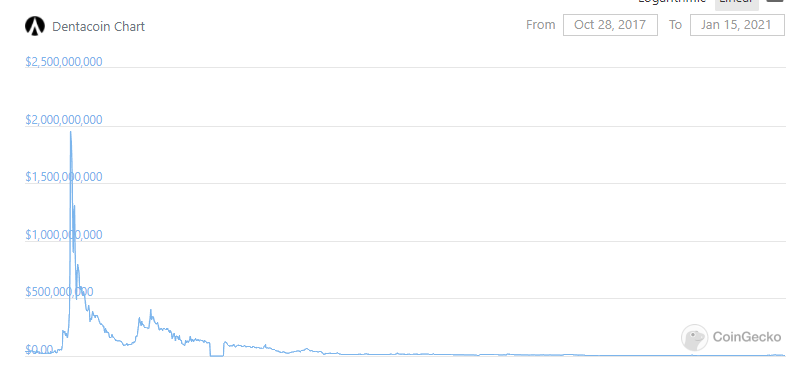
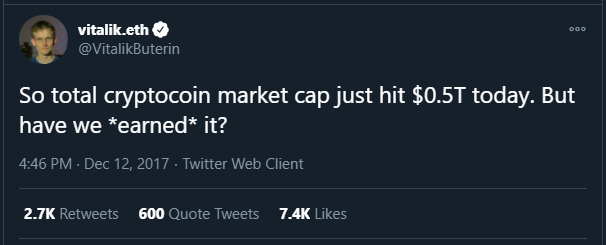

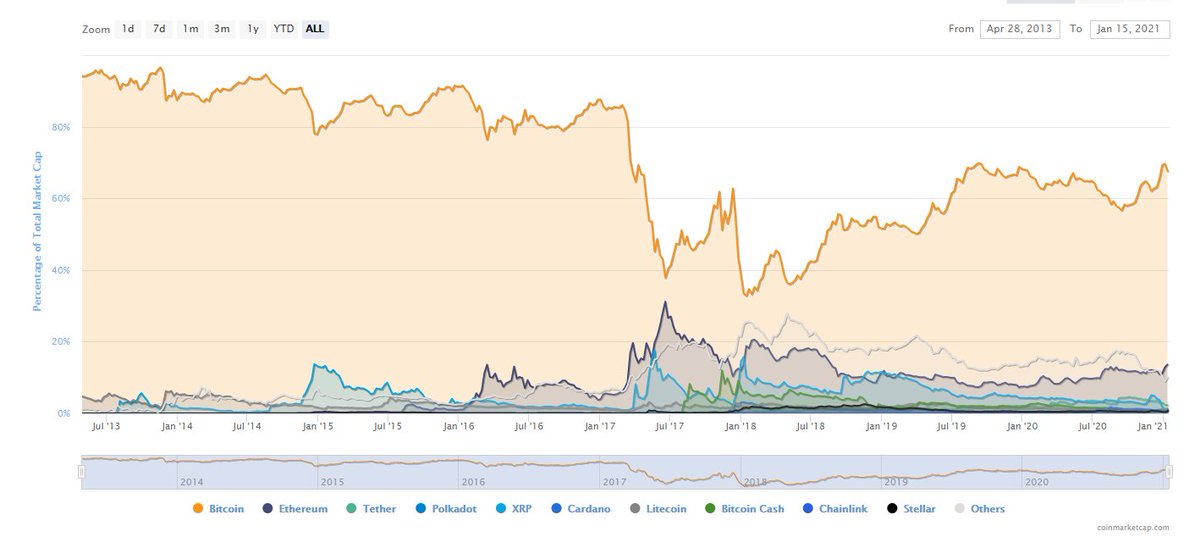

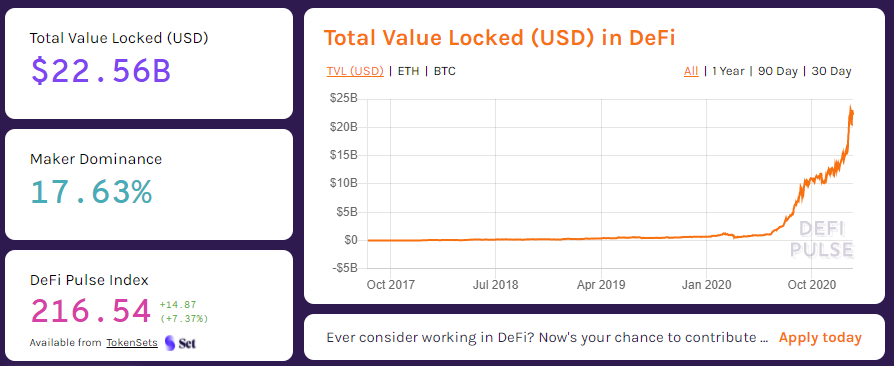
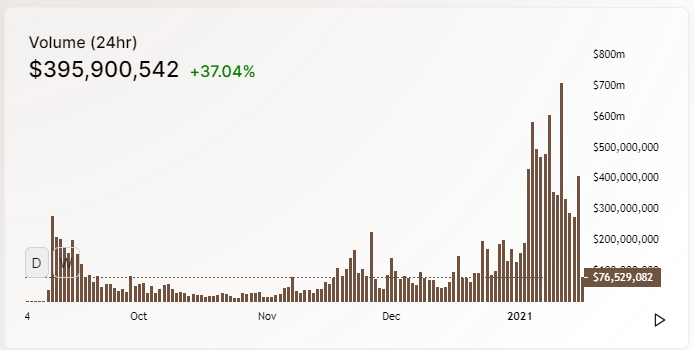
Should you invest in Polygon (Matic)?
— LearnApp (@LearnApp_co) June 12, 2021
\U0001f4a1 Here's @PrateekLearnapp's take on #Matic, as shared on @CNBCTV18News.
What are your thoughts on #Polygon (Matic)? \U0001f4ac
Read the full article here \U0001f449 https://t.co/rmLTV0WFo2#crypto #cryptocurrencies pic.twitter.com/9k1lclN7oL
#PancakeSwap Welcomes @SoteriaFinance to Syrup Pool
— PancakeSwap \U0001f95e #BSC (@PancakeSwap) January 20, 2021
Stake $CAKE, Earn\xa0$wSOTE!https://t.co/liMimqoGDy
Learn how to trade your #BinanceSmartChain assets on the @OpenOceanGlobal DEX aggregator, from within the @TrustWalletApp DApp browser.
— Trust - Crypto Wallet (@TrustWalletApp) January 20, 2021
Combine the best rates for your trades, from 3-4 different exchanges \U0001f680
Step-by-step how-to guide, here \U0001f447